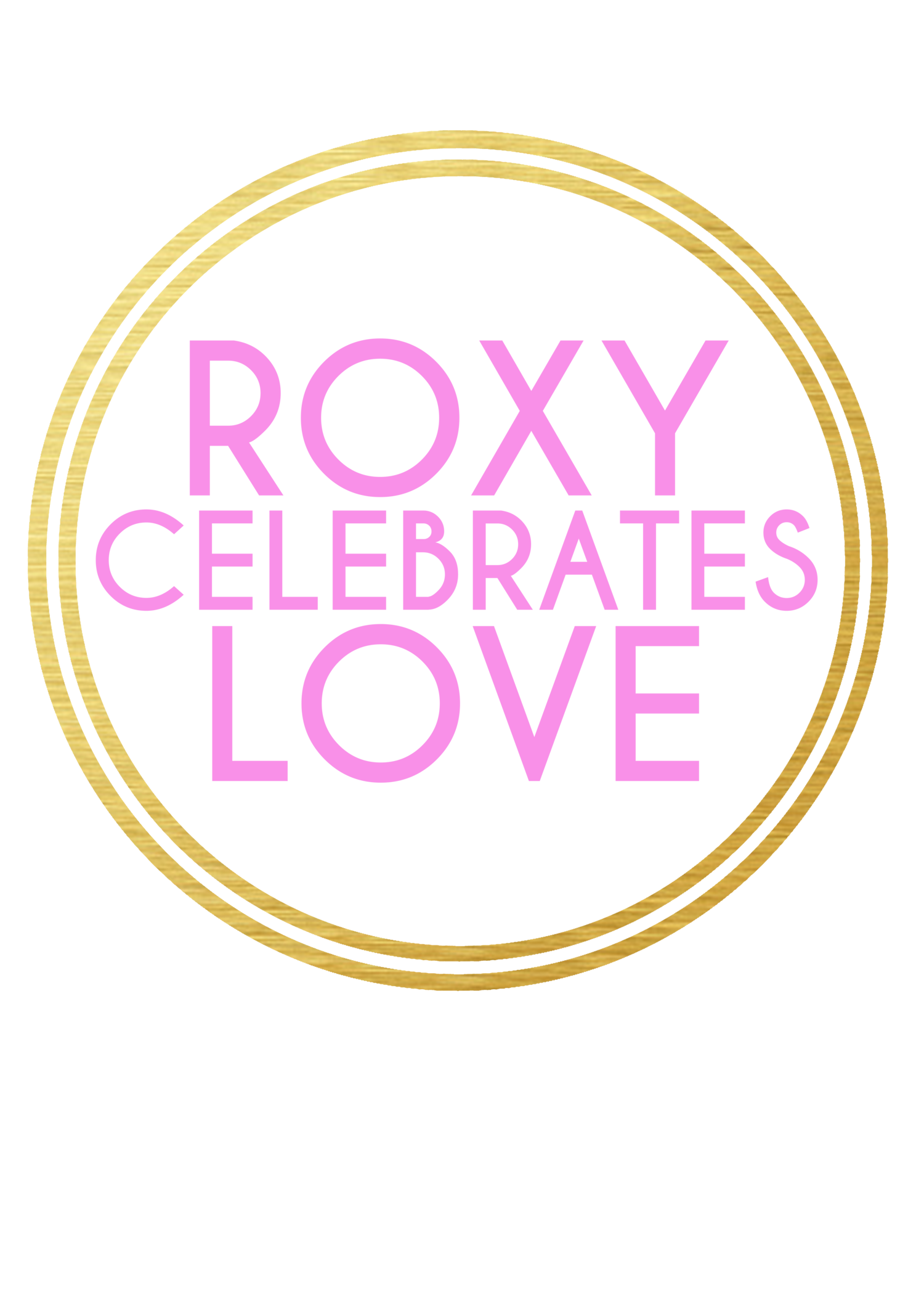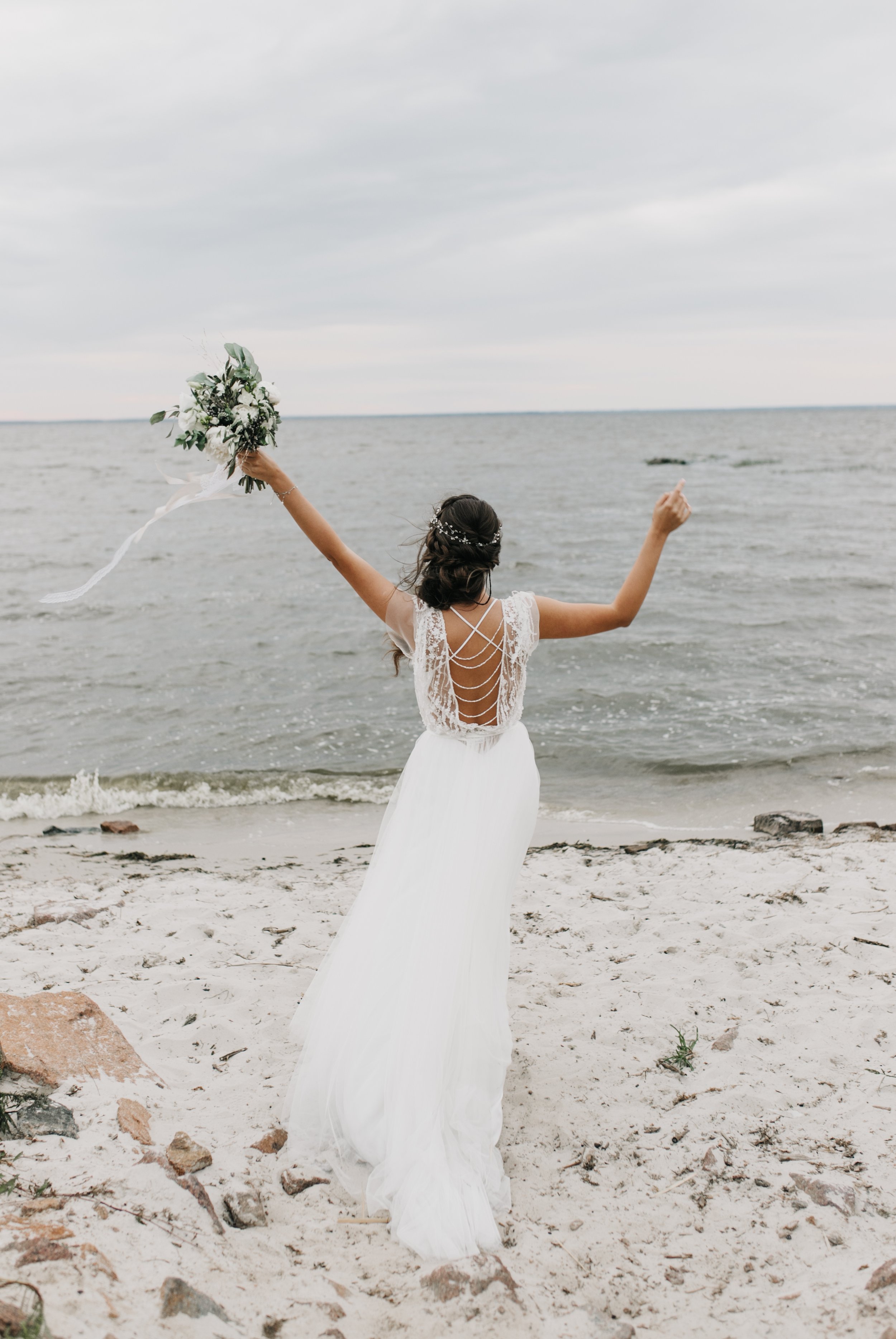Celebrant Ceremony and Getting Legally Married - How Does it all Work?
Celebrant ceremonies are growing in popularity as more people look for personalised and meaningful ways to get married. Once you’ve attended a wedding and seen one, it’s hard to go back to a traditional registrar ceremony without it feeling a little lacklustre.
As a humanist celebrant in London and Brighton, I have lots of conversations with engaged couples interested in celebrant-led ceremonies. I’m often asked about how it all works legally. As my Instagram post on this topic sparked lots of conversation, I’m going to elaborate a little more here.
Can you be legally married by a celebrant?
In England and Wales, the government has unfortunately dragged their heels on the legal recognition of Humanist celebrant ceremonies for, quite literally, years. Scotland and Ireland are lightyears ahead of us. Humanist weddings there have been legally recognised for some time, despite staunch campaigning by Humanists UK.
There are plenty of hopeful signs suggesting it’s now a case of “when” rather than “if”. While it’s on the horizon at some not-too-distant point, along with a whole overhaul of marriage law, it’s slow progress for now. The best guesses are that it will happen sometime in the next 2-4 years.
So, unless you’re planning on eloping to Scotland or Ireland, what are your options?!
Breaking down the legal bit of getting married:
People are often surprised that the “legal bit” of getting married consists of a couple of dozen words. It’s the equivalent of registering a birth or a death down at your local registry office. To be legally married in this country, the only words you need to speak are these Declaratory and Contracting words, which you repeat after the registrar:
Declaratory words:
I do solemnly declare that I know not of any lawful impediment why I ... may not be joined in matrimony to ...
Contracting words:
I call upon these persons here present to witness that I ...do take thee … to be my lawful wedded wife/husband.
And that is, quite literally, it. You don’t even have to say your vows! You can be in and out in a few minutes.
NB: You of course have to go and “give notice” at your local registry office ahead of your legal wedding date in the same way regardless. This consists of signing a legal statement to say you intend to get married or form a civil partnership. It’s a short appointment but it needs to be booked in advance, and importantly, you must have actually given notice (…not just booked the appointment,) at least 29 days before your legal wedding ceremony. You can find out more about it here: https://www.gov.uk/marriages-civil-partnerships/give-notice
So if that is the legal part of getting married, what are our options?
As a humanist wedding celebrant in London, Brighton and beyond, I have seen couples do this in pretty much every way possible. What you decide comes down to personal choice….
Have a “2+2” ceremony at the registry office:
This is the simplest way of doing things. “2+2” literally means the couple getting married + two witnesses. You can make an appointment to go and have the most simplistic ceremony, which consists of speaking the above words. Depending on the area you live in, day of the week etc (all councils are different), you can normally do this for as little as £50.
I often work with couples who opt for this choice. It works well for those who want to make things all about the ceremony on their wedding day and celebrate that as their anniversary. You don’t even have to do your vows, so everything will feel fresh and exciting for the big day itself.
Have a full ceremony before (or after) at the registry office:
Equally, some couples like the idea of making the “legal bit” more of an event. You can book a full wedding ceremony there, which many people decide to do a few days before their “big wedding” with the celebrant.
People who opt for this often have a limited guestlist of say just their parents, or their immediate bridal party so that they can save the big celebration for a few days later.
It can be a nice way to do things as you’re able to have two bites of the apple, so to speak. People often book a little celebratory lunch or drinks afterwards. And in my experience, when couples do this, it really doesn’t take anything away from the ceremony on the “big day”.
(NB - Doing a full ceremony at the registry office with guests costs considerably more than the 2+2 option above – you can check prices directly with your local council).
Do both on the same day – get your registrar out to your venue:
Some couples feel it’s important to have the legal bit on their big wedding day itself. The warning with this is that can be quite a lot to fit in and can often work out as quite costly. BUT if you feel it’s important for you, read on.
I’ve found that the best way of doing this is…
Have your registrar perform a separate ceremony at the venue earlier in the day
If you have your heart set on this, book your registrar in a while before your celebrant-led ceremony starts at your venue. Some couples decide to do this in the morning before they get ready for the “big wedding” so that it feels different coming down the aisle a second time (…I had a couple over the summer who did this in their PJs in the ballroom of their venue!!)
Others opt to do it right before the guests arrive for their celebrant-led ceremony. They gather their parents or immediate bridal party as witnesses, have the legal ceremony (often short and without readings/embellishments so that all of that is saved for the later ceremony,) exit stage left and wait in the wings while the ceremony room refills with their guests. Then they walk back down the aisle and do it again, (albeit of course in a much more interesting and personal way J) with their celebrant.
What about combining the legal bit with your celebrant ceremony?
My advice here will ALWAYS be – don’t do it!!
I’m using some generalisations here based on personal experience, and certainly don’t mean to speak for ALL registrars. But from said experience, registrars often don’t like this one bit. Registrars are on a tight timeline (allocating 15-minute ceremony windows and usually doing several ceremonies in a day across various locations) so extra moving parts are something they often aren’t up for. Couples who want to include a celebrant can cause extra complications for registrars. I’ve worked with some registrars in this way who wouldn’t even be in the same room while the celebrant does their thing!
I have had occasional experiences where I’ve managed to speak to the registrar performing the ceremony in advance and we’ve come to an agreement that they come in and do the legal bit at the very start, in front of everyone, and then leave so that I can step in and continue with a celebrant ceremony afterwards. In my experience, it makes for what feels like a rather disjoined ceremony. Having the “I do’s” and certificate signing at the start, when they are normally at the end, can be a confusing experience for guests and doesn’t feel very cohesive.
And I have other experiences where the registrar has flat out refused to have the celebrant ceremony anywhere near their ceremony, who have insisted that the two must be distinctly separate things. Depending on the council, registrars often aren’t assigned their specific weddings months (or years) in advance in the way that a celebrant is, so it can be Russian roulette booking both and hoping that your allocated registrar agrees to incorporate your celebrant in the eleventh hour.
If you DO find a registrar who is on board, the pitfalls of this are often the cost. Having a registrar out to your venue can set you back a sizeable wedge, certainly a lot more than doing it in the registry office as above. Depending on location, day of the week, time of year etc – in London it can be over £1k, and in Brighton up to £800. So it means you’re paying a lot – the full shebang with the registrar as well as paying your chosen celebrant.
What are the benefits of doing the legal bit on a different day entirely?
If you opt for keeping things separate, it means you have the luxury of choosing literally ANY venue you want – it doesn’t need to be licensed for weddings. Which means the world is your oyster!
You can get married in woodland, on the top of a cliff, in your garden, at a festival - or of course, in a wedding venue! Often venues aren’t licensed because of the hefty costs involved, so doing it this way just opens up your options. You will probably discover that you can find an unlicensed location for considerably cheaper than somewhere that is licensed for marriages – which can be a giant cost saving for your day.
I also want to be clear that you can still get married in a licensed venue and NOT have a legal ceremony with a registrar on the day (…something I didn’t realise was an option back when I got married! I was under the impression that because our venue was licensed, it HAD to be a registrar who did the ceremony – how wrong I was!)
Not only that, but it also makes for a super exciting celebrant-led ceremony! Working with a celebrant means you can create the ceremony of your dreams, choc full of personality, love, fun and laughter. A celebrant can tell your love story and craft the tone that you want in the way a register isn’t.
Keeping the two separate will also mean your big wedding day isn’t any more rushed or stressful than it needs to be. The morning of a wedding is often hectic enough - trying to squeeze in time for a second ceremony can add extra pressure to an already busy situation.
If you’d like to have a chat about working with a humanist celebrant in London, Brighton and beyond, you know what to do!


